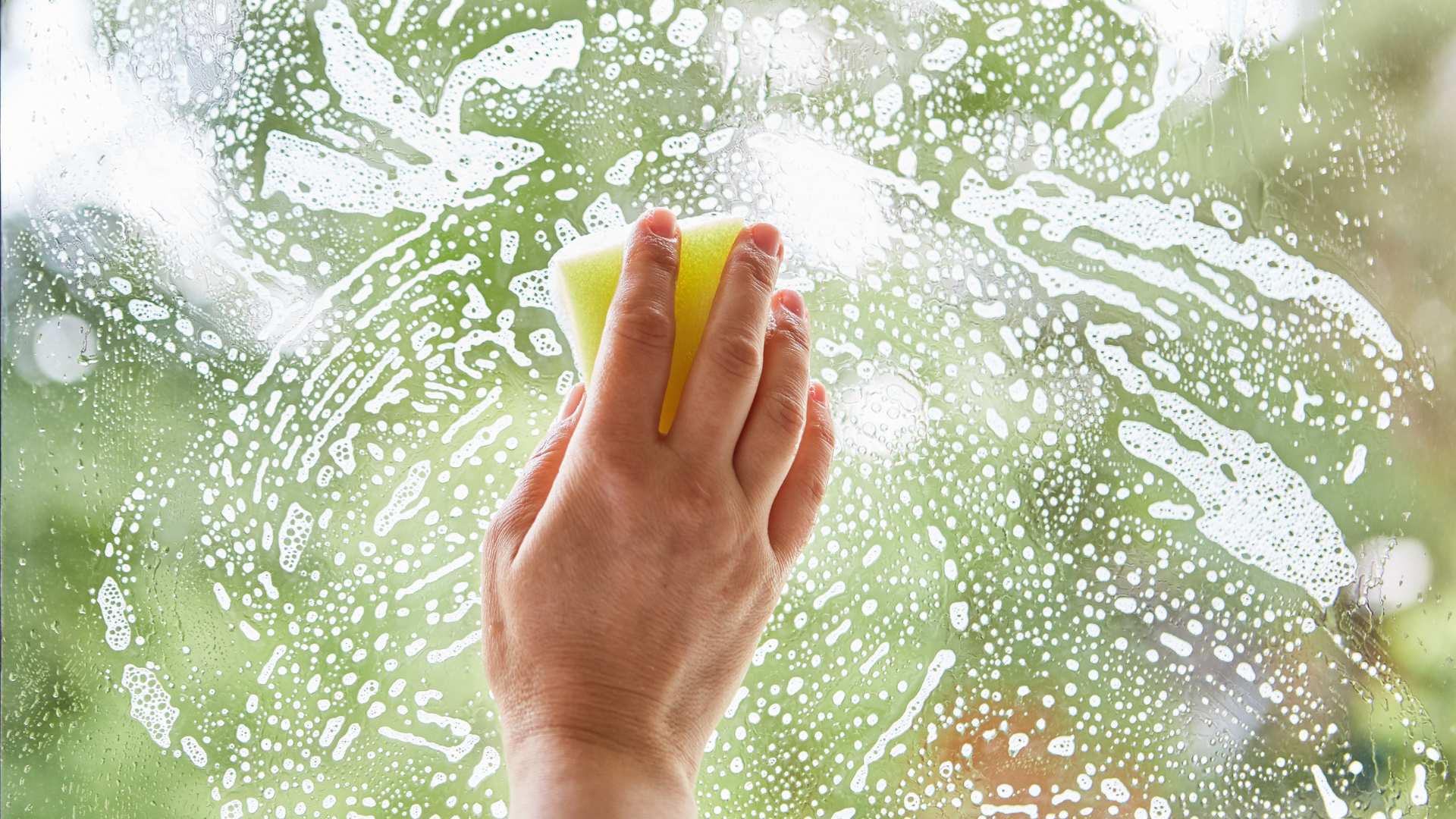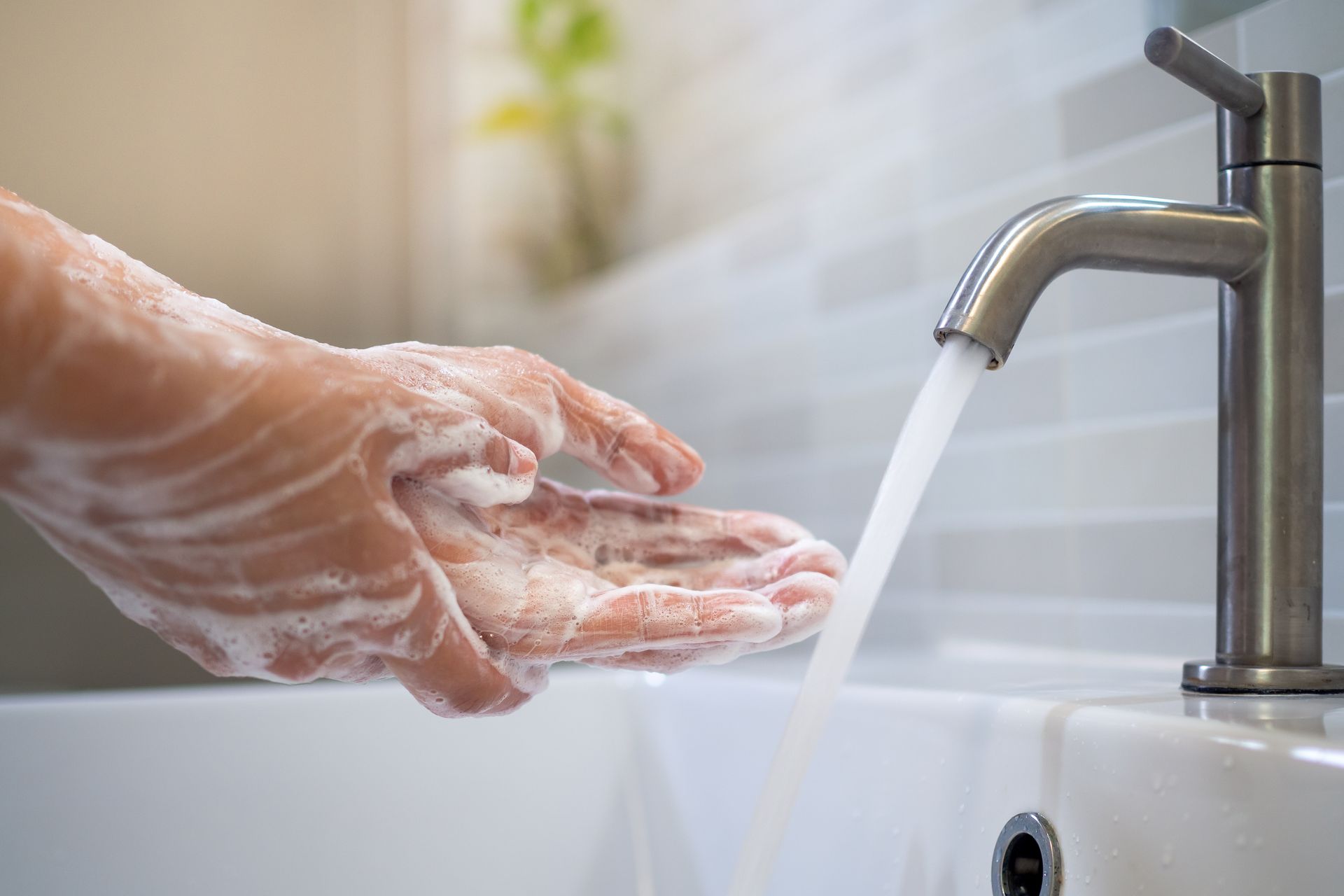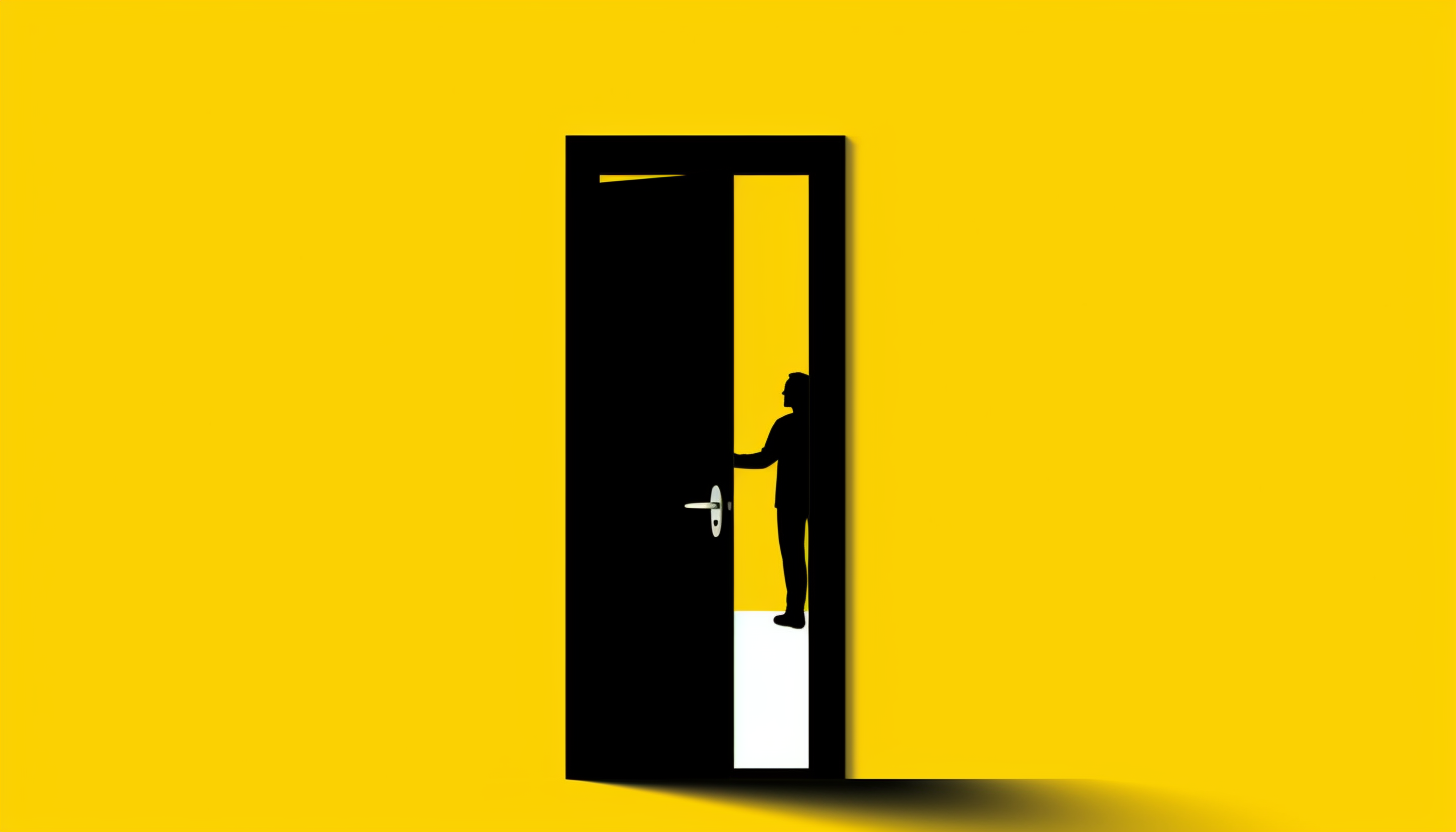Thrive Wellness blog

By Sage Tippie
•
23 Apr, 2024
Spring Cleaning Benefits for Mental Health Spring is a time of new beginnings, change, and transitions, including in our homes. With the warmer weather kicking motivation into high gear, Spring can be a prime time to do a deep clean. Not only is a clean space aesthetically pleasing to the eyes, but it can also help to improve your mental health. Learn about how tidying up your space can also tidy up your thoughts below along with tips for cleaning when you’re struggling with your mental health. 4 Reasons Why Cleaning is Beneficial to Mental health 1.Decreased Stress Not only does an uncluttered space provide a sense of calm, but the physical act of cleaning can release feel-good endorphins, reducing feelings of stress and anxiety. As you cross tasks off your checklist, your body also releases Dopamine. Also known as the “happy hormone”, Dopamine provides a sense of accomplishment and pride that can promote motivation in other areas of our lives. 2. Improved Focus Studies have shown that an uncluttered space can also lead to an uncluttered mind. Your focus can be drawn away from important tasks by a chaotic, messy space. Research has also shown a connection between procrastination and clutter, as an unwillingness to tackle larger chores like cleaning can translate over into various areas of our lives. By keeping your space tidy, it can inspire you to stay on top of other major tasks like work and school assignments. 3. Regulated Emotions According to this 2015 study , cleaning can function as a practice in mindfulness, providing an increased sense of calm and inspiration. Slowing down while cleaning gives you room to relax and free your mind of burdens, stressors, and irritants that can affect your mental health. Cleaning can even be considered a practice of self-care as the action helps you to connect with yourself and the outcome allows you to better enjoy your own space. 4. Sense of Order and Control When experiencing mental health struggles, people may feel a lack of control over their lives and emotions. Cleaning even small areas of the home can provide an increased sense of order and control as you cross tasks off your to-do list. Through realizing your own power by simply completing minor tasks like cleaning, it can reaffirm your ability to do more. 10 Tips for Cleaning When Struggling with Mental Health Mental health struggles and disorders commonly create barriers to one’s ability to clean and properly practice personal hygiene. Although these behaviors are normal side effects of mental health disorders, we want to work to aid our clients in cleaning to the best of their ability even in difficult times. Below, Thrive Wellness occupational therapist Meadow Deason shares some helpful tips she gives to clients when they struggle with cleaning due to mental health conditions: 1.Ask For Help Having support to clean can make a huge difference. Do the cleaning with the person helping you and have them hold you accountable. 2. Don't Wait for Motivation Motivation might not come before action, but it can build as you begin to see the results of your efforts. 3. Start Small Start with one area or one task and go from there. For example, concentrate on your bedroom first and then move on to the living room and bathroom. 4. Do Something Daily Even if you do only one small cleaning task a day, doing that one task creates momentum and prevents small tasks from building up and becoming overwhelming. 5. Use Sensory Modulation Change your environment by playing music, adjusting the lighting, or using aromatherapy. This can help to put you in a new headspace for cleaning. 6. Start with "High Impact" Tasks Start with more intensive or all-over cleaning tasks such as picking up clutter or doing the dishes. The visual "noise" of some tasks makes a large impact on the entire space, building motivation to continue cleaning. 7. Make a To-Do List Write a detailed to-do list of tasks and cross them off as you go. Physically marking down what you’ve accomplished can promote increased motivation. 8. Reward Yourself Set up a reward system where you reward yourself with a favorite activity or item when you complete a task as an incentive to clean. 9. Use the Rocket Method Don't think about it, just choose a task, countdown from five or ten and then start. This can help you to avoid potential anxiety and dread that can prevent you from cleaning. 10. Gamify Tasks Make up a game for your tasks or time yourself to promote increased engagement in cleaning. Your ability to complete tasks can be affected by a multitude of different factors and conditions including OCD , anxiety, depression , ADHD , and more. If you are struggling with motivation due to your mental health, help is here at Thrive Wellness.

10 Nov, 2023
Primary care is a field of medicine that involves preventive care, wellness counseling, and treatment of common illnesses. A primary care provider typically provides services that are not specialized but instead revolve around general health and wellness. Examples of primary care include general physicals, pap smears, diagnosis and treatment of common illnesses, and basic in-office procedures. Primary care providers may have a health category they specialize in and feel more comfortable performing in, so it is important to meet your provider before initiating services to ensure they can provide what you are looking for.

10 Nov, 2023
“I had infertility issues in my mid-20s. After three years of trying to become pregnant (including one year of doing my own fertility injections), it happened! I had a healthy, beautiful little boy. Our family wasn’t quite complete yet, so two years after the birth of my son, I became pregnant on my own – no fertility shots! I was so excited!

By Thrive
•
23 Oct, 2023
The concept of the inner child maintains that everyone has an element of their personality associated with their childhood self. If a person has unresolved trauma that occurred in their youth, their inner child is likely wounded which can negatively affect their well-being. By reintegrating with one’s inner child in a healing, therapeutic way, an individual can renew their most positive childlike characteristics. As a result, they can fully embrace their senses of creativity, enthusiasm, and authenticity, enhancing their overall quality of life as an adult.

By Thrive Wellness
•
28 Jul, 2023
The knock, knock, knock on my front door was loud and startling. It was followed by a quick ringing of the doorbell and a cacophony of other noises- my son yelling “MOM!! DOOR,” the dogs barking- their nails click- clacking on the wooden floor as they quickly scrambled and slipped toward the front door. I arrived at the front door frazzled and disheveled- not expecting anyone to visit- especially at dinner time. As I open the front door, I see him- unannounced and ready to eat- Uncle Oscar Calvin Diablo (OCD). I immediately invite him in- his dirty boots tracking mud all over my freshly cleaned floors, his booming voice echoing through the floors and ceilings of my great room. I try to gently redirect- “It’s so nice to see you Uncle Oscar, I would love to visit for awhile, but we didn’t prepare enough dinner.” “Oh, that’s no problem,” he retorts, “I won’t eat much.” Rather than continue to push back, I give in to his demands and host this uninvited dinner guest. Throughout the rest of the evening, his presence causes us to restructure all of our family’s plans. Homework isn’t done, dishes aren’t cleaned, and the movie we planned to watch as a family will just have to wait.

By Thrive Wellness
•
18 Jul, 2023
Does your child seem to have an intense fear or obsession with topics like death, germs, organization or any other topics? Does it seem like these thoughts are frequent and uncontrollable? Does the fear of these topics seem to affect their home, school and social life?

By Thrive
•
22 Feb, 2023
We need to talk about postpartum mental health. In the wake of the tragedy that occurred within the Clancy family from Massachusetts- resulting in the deaths of the three Clancy children, and the paralyzation of Lindsay Clancy- a conversation about postpartum and perinatal mental health is pertinent and long overdue. I will not pretend to understand what happened on January 24, 2023 in the mind of this 32 year-old labor and delivery nurse and mom of three. News sources are reporting that she was diagnosed with generalized anxiety disorder and postpartum depression. Her diary revealed that she was experiencing suicidal thoughts occurring regularly and at least one thought of killing her children for the month prior to killing them.
SITE MENU
THRIVE LOCATIONS
Reno, NV 89501
OCD & Anxiety Disorders
Luella Garvey House
Perinatal Mental Health
"It Takes A Village"
Virtual Program
© 2024
All Rights Reserved | Thrive Wellness | PRIVACY POLICY







